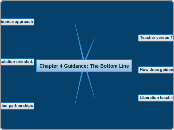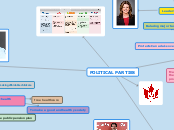par Holly Wilcher Il y a 15 années
248
Chapter 4
Effective guidance in educational settings plays a pivotal role in minimizing mistaken behavior among children. Recognizing that children’s mistakes often stem from their developmental stage and inexperience, teachers can adapt practices to be developmentally appropriate and culturally responsive.









